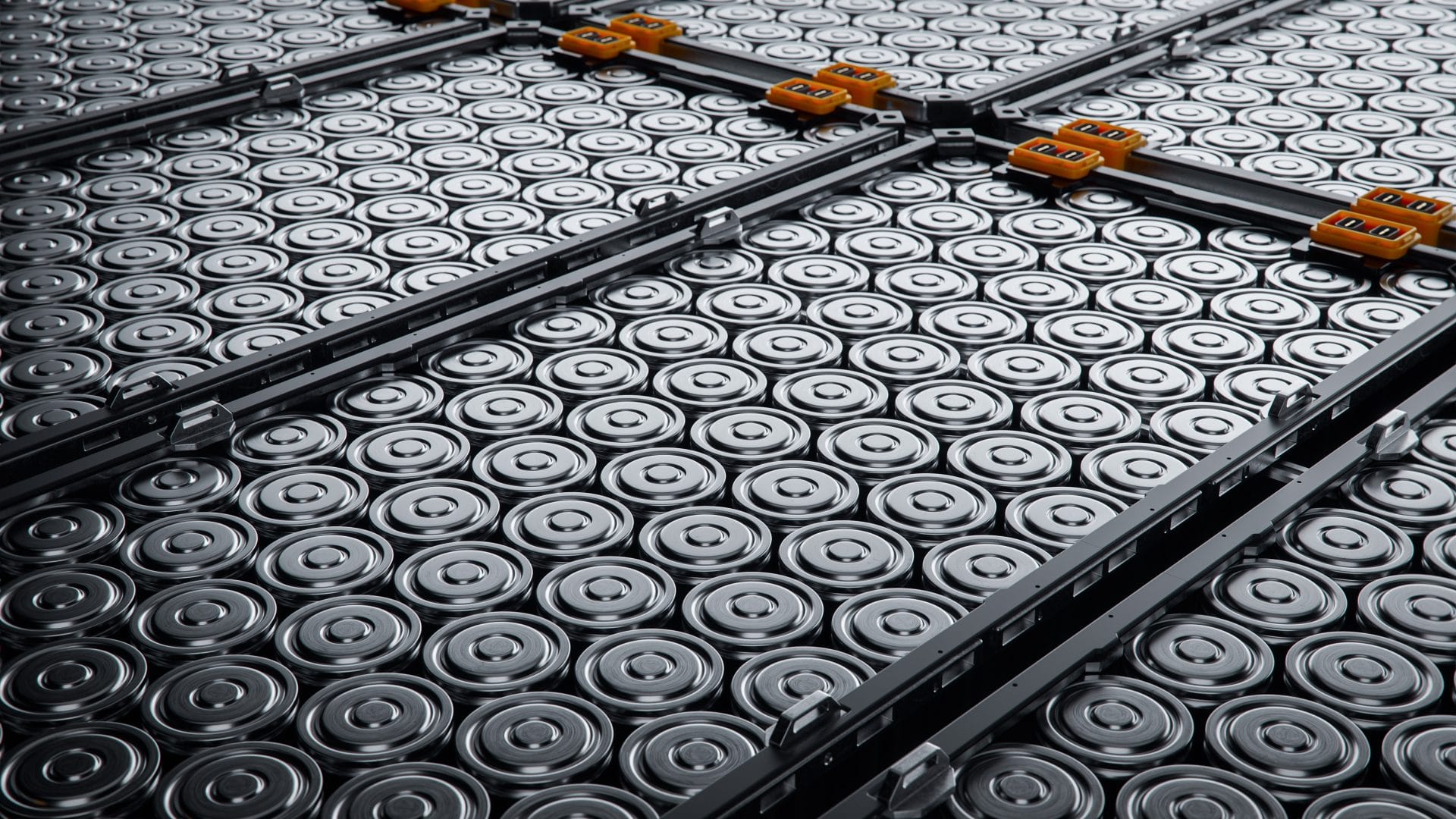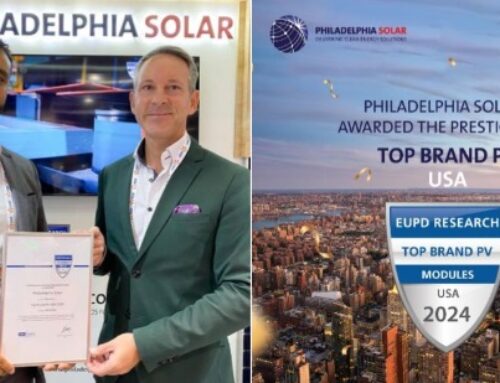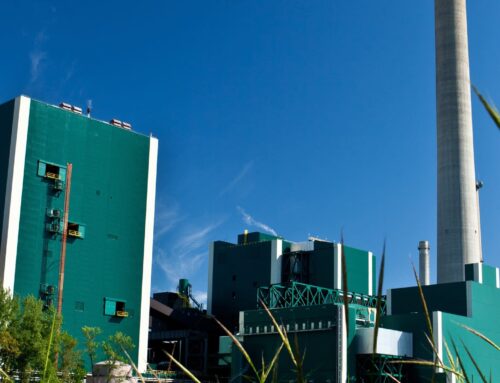Breakthrough in Battery Technology Enhances Renewable Energy Storage
September 23, 2024

Help keep One Green Planet free and independent! Together we can ensure our platform remains a hub for empowering ideas committed to fighting for a sustainable, healthy, and compassionate world. Please support us in keeping our mission strong.
To address the intermittency challenges of renewable energy sources such as solar and wind, scientists at Columbia Engineering have developed a groundbreaking K-Na/S battery technology that promises to enhance energy storage efficiency and cost-effectiveness. These advancements are crucial for ensuring a stable power supply when natural conditions don’t align with peak energy demands.
Source: CNBC/YouTube
The research team, led by Yuan Yang, an associate professor of materials science and engineering at Columbia, focused on creating a new type of electrolyte for batteries. This innovation not only prolongs the battery’s lifespan but also reduces production costs, potentially making renewable energy sources more reliable and widely applicable. As detailed in their study published in Nature Communications, this new battery technology utilizes commonly available elements—potassium (K), sodium (Na), and sulfur (S)—to foster a high-energy storage solution that is both affordable and efficient.
One of the key breakthroughs in this research is the development of an electrolyte composed of acetamide and ε-caprolactam. This composition effectively dissolves inactive compounds that typically hinder battery efficiency, such as K2S2 and K2S. By preventing these solid precipitates, the new electrolyte allows the battery to operate at significantly lower temperatures—around 75°C compared to the 250°C required by previous technologies. This attribute simplifies the thermal management of the battery and reduces overall maintenance costs.
These K-Na/S batteries have demonstrated near-theoretical discharge capacities and extended cycle life, making them a promising option for long-duration energy storage. Such capabilities are essential for balancing the grids and minimizing reliance on fossil fuels, ultimately supporting a more sustainable energy future.
The Columbia Electrochemical Energy Center (CEEC), where Yang’s team is based, plays a vital role in integrating interdisciplinary research and accelerating the commercialization of such innovative technologies. With ongoing developments and industry partnerships, the team is optimistic about scaling up their technology for broader applications, ensuring that renewable energy can remain a viable option even during periods when environmental conditions are less favorable.
Reference: Designing electrolytes with high solubility of sulfides/disulfides for high-energy-density and low-cost K-Na/S batteries, Liying Tian et al., Nature Communications, DOI: 10.1038/s41467-024-51905-6
Latest Petitions to Sign:
Related Content:
Easy Ways to Help the Planet:
- Eat Less Meat: Download Food Monster, the largest plant-based Recipe app on the App Store, to help reduce your environmental footprint, save animals and get healthy. You can also buy a hard or soft copy of our favorite vegan cookbooks.
- Adopt-a-Pet: Visit WildWatchers, a watchdog platform specifically designed for animal, earth, and wildlife warriors to actively give back, rescue, and protect animals and the planet.
- Reduce Your Fast Fashion Footprint: Take initiative by standing up against fast fashion Pollution and supporting sustainable and circular brands like Tiny Rescue that raise awareness around important issues through recycled zero-waste clothing designed to be returned and remade repeatedly.
- Support Independent Media: Being publicly funded gives us a greater chance to continue providing you with high-quality content. Please consider supporting us by donating!
- Sign a Petition: Your voice matters! Help turn petitions into victories by signing the latest list of must-sign petitions to help people, animals, and the planet.
- Stay Informed: Keep up with the latest news and important stories involving animals, the environment, sustainable living, food, health, and human interest topics by subscribing to our newsletter!
- Do What You Can: Reduce waste, plant trees, eat local, travel responsibly, reuse stuff, say no to single-use plastics, recycle, vote smart, switch to cold water laundry, divest from fossil fuels, save water, shop wisely, Donate if you can, grow your food, volunteer, conserve energy, compost, and don’t forget about the microplastics and microbeads lurking in common household and personal care products!
<!–
–>
Search
RECENT PRESS RELEASES
Related Post




